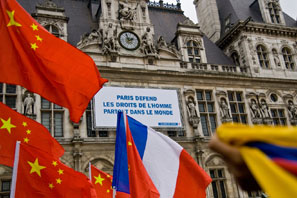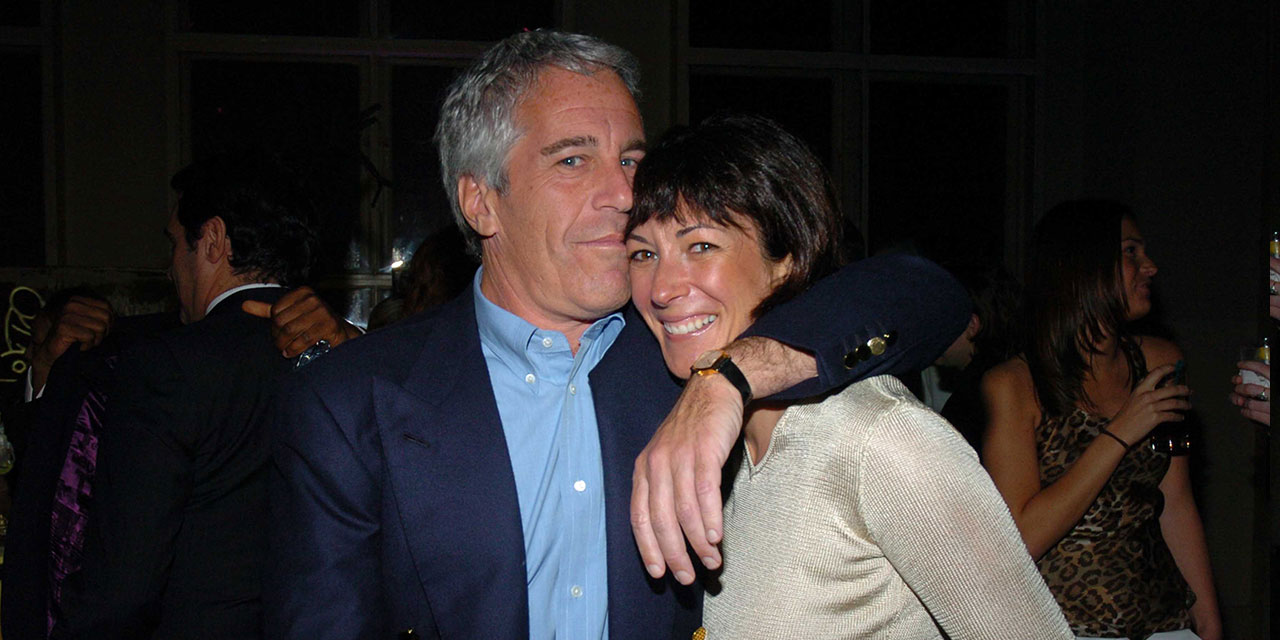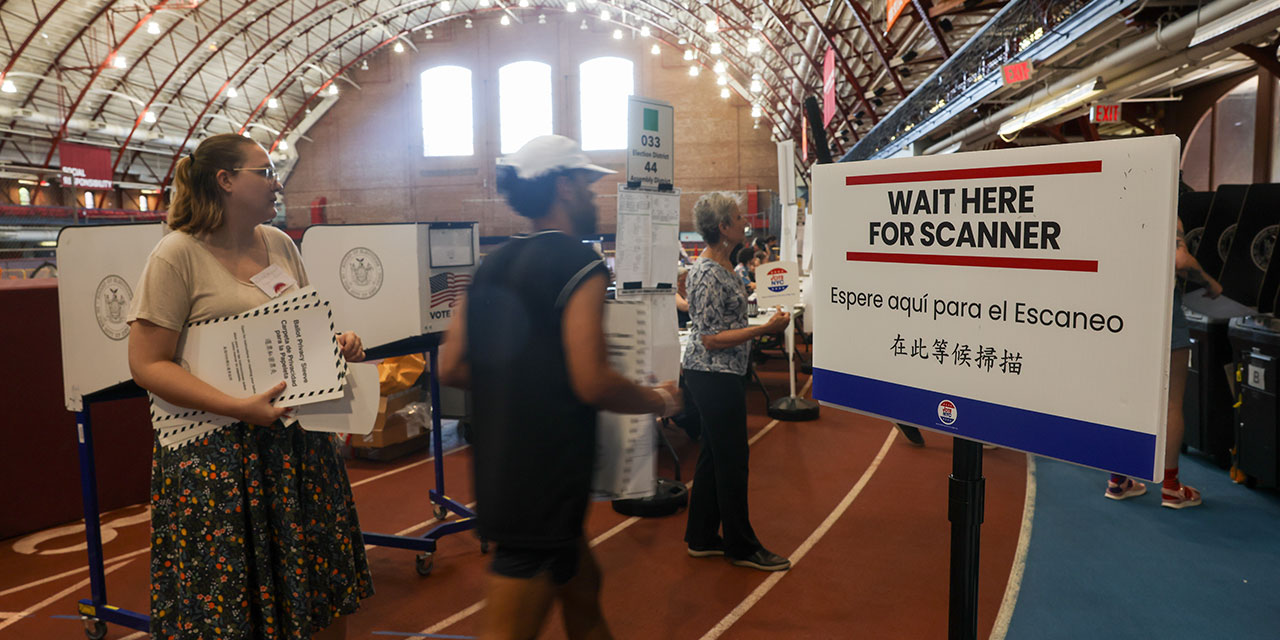
The French newspaper, Libération, which began as a Maoist publication, waxed indignant recently about Chinese police working alongside French cops in Paris. The article began by reminding readers about a 1974 film, The Chinese in Paris, in which Mao’s army occupied the city, and the army commander, Pou-Yen, set up his headquarters in the Galeries Lafayette. What, asks Libération, are these policemen, who in their own country act as enforcers of a totalitarian dictatorship, doing in the pays des droits de l’homme—“the country of the rights of man,” as the French, with more patriotism than historical accuracy, sometimes call their homeland?
About 1.5 million Chinese tourists visit Paris each year. The French government hopes to double or triple that number soon. For the moment, at least, most of the tourists pay with cash, which makes them inviting targets for robbers. About 120 bags are snatched daily at the pyramid in the courtyard of the Louvre, many—if not most—from Chinese. And the Louvre is only one place they visit.
Finally, a reason to check your email.
Sign up for our free newsletter today.
French-speaking Chinese police work alongside their French counterparts, according to the official explanation, so that Chinese victims of street crimes can explain what has happened to them. “These policemen act as a deterrent to thieves,” said an unnamed French source, “and are reassuring for Chinese travellers since they speak their language. They could, for example, advise them to conceal their telephones when they are visible.” And there are, after all, British, Dutch, and Romanian police seconded to Paris as well.
This argument does not convince Marie Holzman, president of an organization called China Solidarity. She thinks that the Chinese police are more likely to regard tourists as potential violators of Chinese law than as victims of French crime, and therefore to spy on them. What is legal in France—to belong to the Falun Gong sect, for example—is often illegal in China. And since there are 800,000 Chinese residents in France, Holzman asks, why not use some of them to assist the French police? True, they would have to be paid, whereas the Chinese police are paid for (airfares included) by Beijing. But despite its economic difficulties, France is not yet in a position to need Chinese foreign aid.
Another official argument justifying the presence of the Chinese police is that the visiting officers will learn a better, more democratic way of doing their jobs. Holzman thinks the influence will work the other way around. The Chinese will ask their French colleagues why they make difficulties for themselves with so many unnecessary complications, when a good blow with a truncheon is so much more efficient. This thought will not be entirely alien to the French or to any other police.
Holzman scoffs at the idea that the Chinese police will be “infected” by democracy and thus help to spread it. “The notion that contact, whether by commerce or exchange of personnel, will promote the advent of democracy in China is ridiculously utopian, because the Chinese dictatorship is dynamic and constantly making sure of its durability.”
Is there a general lesson here—for example, that bad practices are easier to spread than good, or that neither precept nor example is sufficient for good practices to prevail, but must grow slowly and organically out of a tradition?



